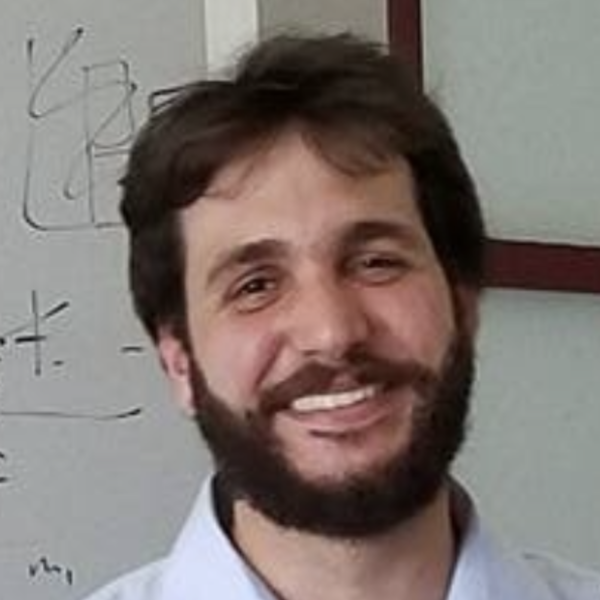Marc Osherson
Assistant Professor, Department of Physics & Astronomy
Research Interests
Prof. Osherson's research is focused on reconstructing potential signatures of exotic new physics in high energy proton-proton collisions at CERN's Large Hadron Collider (the LHC). This research is performed using the CMS Detector, one of four detectors analyzing the collisions at the LHC. His group is particularly interested in cases where hypothetical new particles produced in these collisions don't decay directly to standard model particles, but instead through some (or even many!) intermediate states. These signatures, which arise from a variety of beyond the standard model theories, can be complicated to reconstruct: either because there are many possible combinations of final state particles, or because the final state particles overlap in the detector. These complications are compounded by the remarkable size of the LHC datasets. The group is developing "big data" techniques and machine learning tools to extract these potential signals from literal billions of background events.
In fact, the LHC's output is so high (one event produced every 25 ns) that not all the data can be recorded: some events are thrown out immediately and others are only partially reconstructed as they are evaluated for potential physics interest. In the end only "really interesting" events are fully recorded. Unfortunately what counts as "really interesting" has to be balanced with the realities of the data-taking capabilities of CMS, and since we don't know what new particles may be out there, some new phenomena might be produced that is never fully recorded. Fortunately, the partially reconstructed data used to make decisions about which events to keep, while somewhat incomplete, still contains valuable information, and can be used to pursue certain signatures which would otherwise remain hidden. Prof. Osherson's group is working, in parallel with searches using the "normal" CMS events, on maximizing the potential of these so called "scouting" datasets. The group is especially interested in replicating the tools CMS has developed for tagging bottom quarks and vector bosons for use in scouting events.
As a member of the CMS Collaboration, Prof. Osherson is also actively involved in the maintenance and upgrade of the detector, so that it can continue to yield physics results as the LHC energy and intensity is increased.
Education
Princeton University, B.A. 2010
Johns Hopkins University, Ph.D. 2016
Publications
Search for new particles in an extended Higgs sector with four b quarks in the final state at √s=13 TeV, CMS Collaboration, Phys. Lett. B 835, 137566 – 2022
Search for bottom-type, vectorlike quark pair production in a fully hadronic final state in proton-proton collisions at √s=13 TeV, CMS Collaboration, Phys. Rev. D 102, 112004 – 2020
Search for Low-Mass Quark-Antiquark Resonances Produced in Association with a Photon at √s=13 TeV, CMS Collaboration, Phys. Rev. Lett. 123, 231803 – 2019
